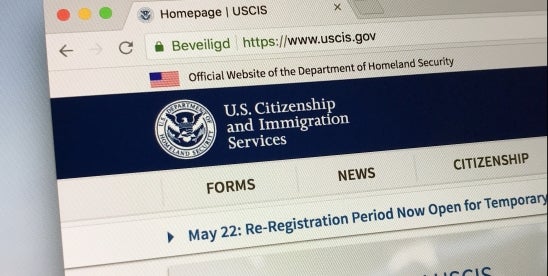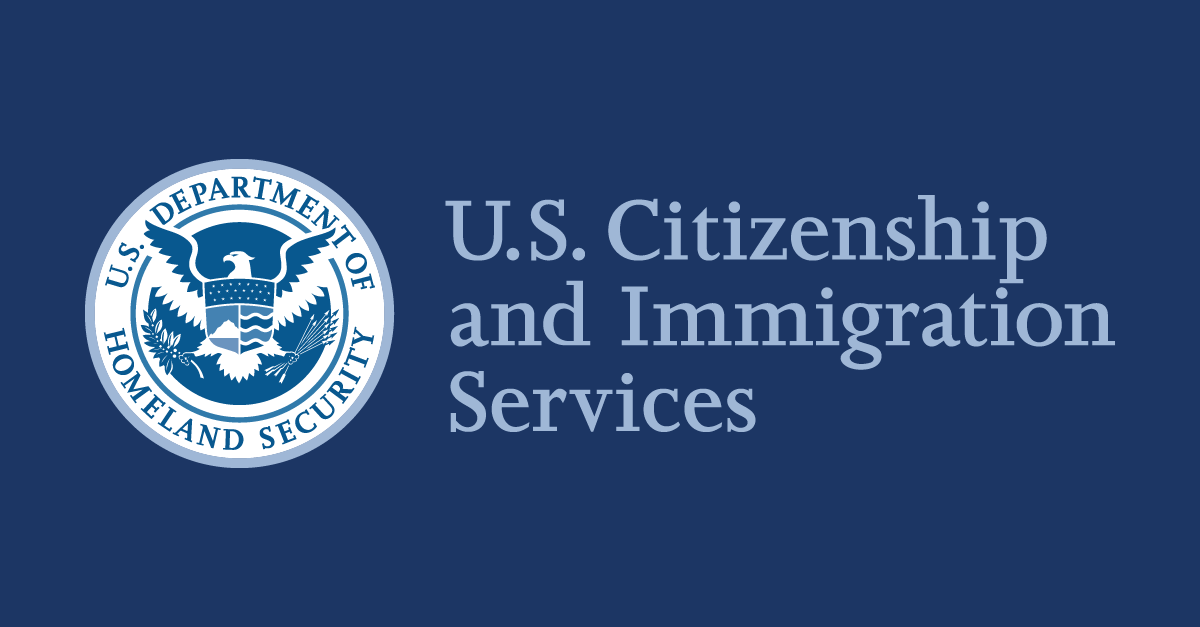The road to American citizenship for immigrants is paved with many legal and administrative hurdles, among them a required medical and immunization examination. Done by a civil surgeon qualified by U.S. Citizenship and Immigration Services (USCIS), the exam includes a physical check-up, chest x-ray, and blood tests for communicable diseases. However, the financial challenges of conducting such medical examinations are starkly apparent in places like Kansas City. Despite having a growing immigrant population, there are only 17 listed locations that perform these examinations, and with no regulation on charges, immigrants are often hit with bills amounting to thousands of dollars. These expenses are not covered by most insurance policies, adding another burden to the immigration process.
In Kansas City, Priyanka Raeburn, an immigrant from New Delhi, India, was billed $1,400 for her exam, not including potential vaccination charges. After searching for more affordable options, she discovered KC CARE Health Center which offers the required exams at a cost of $250. KC CARE’s immigration clinic has seen a growing demand for its services, treating hundreds of immigrants from over 60 countries within a year.
In addition to health screenings, USCIS has announced a modification to its application process. Effective from December 2, 2024, applicants are required to submit form I-693 (Report of Immigration Medical Examination and Vaccination Record) along with Form I-485 (Application to Register Permanent Residence). Failing to do so results in the rejection of their application for adjustment of status. The introduction of these procedural requirements is aimed at reducing the number of Requests for Evidence (RFEs), streamlining the application process, and minimizing delays. With the changes, a properly completed Form I-693, signed by a civil surgeon on or after November 1, 2023, will be valid indefinitely.
Another new requirement mandates applicants seeking green card or permanent residence to include their medical and vaccination report along with Form I-485, which otherwise leads to their petition’s denial. Medical examination and vaccination requirements vary depending on the immigration benefit sought, and most applicants must undergo a medical exam to determine their admissibility. The stringency of the exam depends on the perceived public health risks posed by the applicant. They don’t expire and can be used “indefinitely as evidence to show that you are not inadmissible on health-related grounds,” according to USCIS.
As the immigration process becomes more complex and stringent, the need for affordable healthcare services for immigrants grows. Advocates, such as Raeburn, argue for a subsidy to alleviate the financial burden on immigrants, many of whom are often targeted for exploitation due to their lack of knowledge about the process. Despite the political debates around immigration and potential constriction under the incoming Trump administration, demand for such medical services remains high.
The past month has seen several significant updates in the immigration policies of Australia, China, Finland, Kazakhstan and the United States. In Australia, the Department of Home Affairs plans to launch a Mobility Arrangement for Talented Early-professionals Scheme (MATES) from December 2024. This scheme will enable graduates and early career professionals from India to register for asubclass 403 MATES stream visa. There will be 3000 temporary visa places available each year through this scheme.
China signed a mutual visa exemption agreement with the Solomon Islands in November 2024. This agreement will come into effect once both countries have completed their domestic legal procedures.
In Finland, the decision-making on certain residence permit applications will be paused from January 1 to 8, 2025. This pause includes residence permits for employed individuals and those for seasonal work whose permit period is at least six months. However, this does not affect the submission of residence permit applications, applications can still be submitted even during the pause period.
An important reform has taken place in the employment and economic development services in Finland starting from January 1, 2025. Work permit services will be transferred from TE Offices to the Finnish Immigration Service in order to ensure a more seamless process for applicants.
In Kazakhstan, the government is implementing updated visa regulations from November 18, 2024, to improve the business immigration climate. These new regulations include several new visa types aimed at attracting skilled professionals and travellers.
The United States Citizenship and Immigration Services (USCIS) has announced significant changes in their immigration policies. Immigration medical examination documentation for certain Afghan nationals will now be valid indefinitely, providing they meet the required conditions. USCIS has also updated its policy guidelines to clarify that a naturalization applicant’s burden to demonstrate they have been lawfully admitted for permanent residence only applies to their initial admission as a lawful permanent resident (LPR).
In addition, USCIS announced that it will now require the concurrent filing of Form I-693, Report of Immigration Medical Examination and Vaccination Record, with all adjustment of status applications. Applicants may therefore need to plan ahead to ensure they can file their green card applications as soon as they’re eligible.
Lastly, the Citizenship Public Education and Awareness Campaign by USCIS aims to raise awareness of the rights, responsibilities, and the importance of U.S. citizenship, in addition to providing lawful permanent residents (LPRs) and immigrant-serving organizations with free citizenship preparation resources. This campaign offers numerous ways through which community organizations can support American LPRs on their path to citizenship.
A federal program that allows physicians to evaluate the health of green card applicants has been found to include many doctors with records of professional misconduct, according to an investigation by ProPublica. This includes physicians who have been disciplined for patient abuse, and even a doctor who was convicted of hiring a hitman to kill a disgruntled patient. The review concluded that U.S. Citizenship and Immigration Services (USCIS) does not adequately vet physicians for the program and often fails to adhere to its own standards.
However, despite an audit release 15 months ago, the list still includes numerous doctors with similar backgrounds of misconduct. ProPublica found at least 150 doctors accused of negligence and patient abuse who were still offering the exam as of early December. Although USCIS promised to clean up the list to prevent green card seekers from potential harm, the agency does not require consideration of doctors’ disciplinary histories when they apply for the program.
The investigation raised alarm for immigration lawyers who were shocked that these physicians were entrusted with the healthcare and fate of immigrants. The auditors from the Department of Homeland Security recommended that USCIS administer stricter standards, akin to the standard of the Department of Health and Human Services. USCIS agreed and set projected dates for said improvements, but some deadlines have already been missed.
Cases have emerged where a single mistake by a USCIS-designated doctor has led to the denial of a green card application. A green card applicant was instructed to leave the U.S “as soon as possible” because the doctor examining him did not provide her contact information on the medical form. Policies do not allow immigrants to correct mistakes on the forms and do not even require the USCIS officers to notify the patient, leaving patients like the one in the aforesaid case with fewer options to address the issue.
Some experts believe the system is dysfunctional, especially since attendance at voluntary workshops teaching doctors how to administer the exams properly has been low. Problems with the effectiveness of USCIS don’t stop there. ProPublica found that the USCIS has a knack for taking several months to act on reports identifying problematic doctors, and a handful of them have never been removed, even after their names were flagged to the agency. Medical practitioners’ licenses are also required to be updated within 15 days if they stop practices altogether or cease administering immigration exams. However, ProPublica revealed that there were physicians who had stopped giving green card exams and were still listed as active online.
Regardless of the scathing findings of the audit, USCIS continues to use Evercheck, a contractor specializing in healthcare compliance, to review the list of doctors and confirm that doctors are licensed. Evercheck even sends monthly reports to the USCIS that contain any disciplinary actions taken against the physicians. However, it is entirely up to the USCIS to decide how to use these reports.
USCIS confirmed that there is ongoing work to implement improvements and fulfillment of the audit’s recommendations is closing. Furthermore, they are looking into utilizing the National Practitioner Data Bank (NPDB) to bolster the vetting process for physicians. Despite these proposed changes, all but one recommendation from the audit is still being worked upon.
Sources:
 Immigrants need a medical exam to become citizens. Cheap options are hard to find in Kansas City
Immigrants need a medical exam to become citizens. Cheap options are hard to find in Kansas City Avoid Rejection: Form I-693 Report of Medical Examination and Vaccination Record Is Now Mandatory When Filing Form I-485
Avoid Rejection: Form I-693 Report of Medical Examination and Vaccination Record Is Now Mandatory When Filing Form I-485 USCIS will require medical and vaccination reports to be submitted with the green card application
USCIS will require medical and vaccination reports to be submitted with the green card application Global immigration news round-up
Global immigration news round-up USCIS Mandates Concurrent Filing of Form I-693 with Adjustment of Status Applications
USCIS Mandates Concurrent Filing of Form I-693 with Adjustment of Status Applications Citizenship Public Education and Awareness Campaign
Citizenship Public Education and Awareness Campaign Despite Audit, Doctors With Checkered Records Can Still Decide Fate of Green Card Seekers
Despite Audit, Doctors With Checkered Records Can Still Decide Fate of Green Card Seekers





Leave a Reply